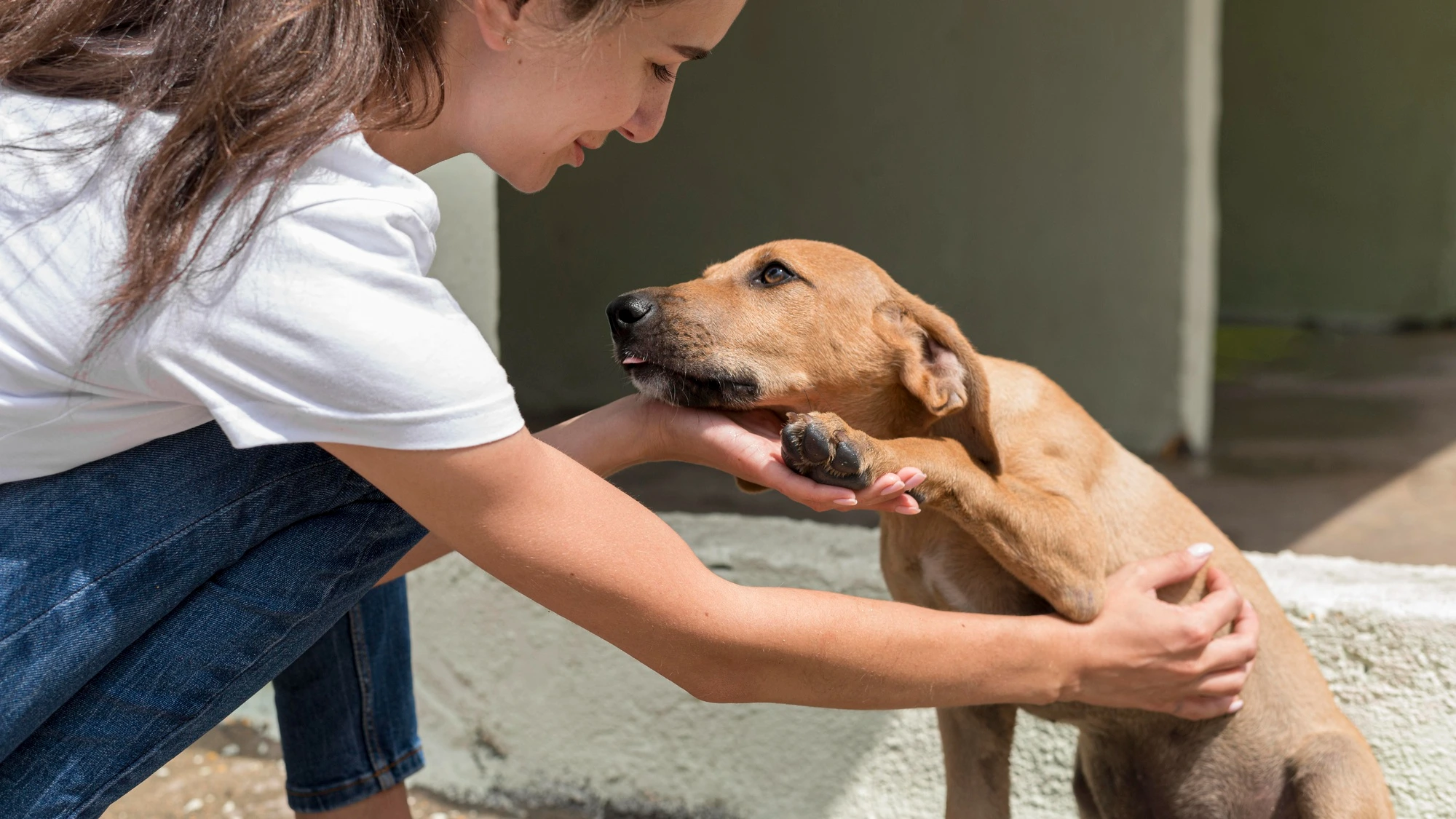1. The Struggle of Stray Animals in India:
India is a home for large number of stray animals, including dogs, cats, cows, and others. Hunger, sickness, and maltreatment are among the many obstacles they face. The lack of animal control methods, as well as cultural practice’s like feeding strays, contribute to their increasing population.2. Rescue Missions: Acts of Kindness in Action:
Compassionate humans, NGOs and animal welfare organisations respond to misfortune by rescuing suffering animals. Whether it’s a wounded puppy on the side of the road or an abandoned cow, these rescuers give prompt assistance, saving animals from risks.3. Sheltering and Rehabilitation:
Once rescued, the next crucial step is to provide these animals with shelter and medical care. Animal shelters and rescue centers play a pivotal role in offering a safe haven to these strays. Veterinary professionals work tirelessly to treat injuries, provide vaccinations, and spay/neuter the animals to control the population.4. Adoption Stories: Finding Forever Homes:
Adoption drives and awareness initiatives help many rescued animals find their forever homes. Loving families open their arms to these abandoned animals, giving them a new life. Adoption not only changes the lives of animals, but it also gives individuals who adopt them a great feeling of fulfilment.5. Community Involvement: A Collective Effort:
It is important that we come together and make a joined effort to save and rehabilitate these strays. We can make a major impact on their lives by contributing to animal welfare programs such as financial assistance, volunteering at animal shelters near by, and participating in public awareness campaigns as well as encouraging stray animal adoption.6. Challenges Faced: Overcoming Obstacles:
Despite continued efforts, rescue and rehabilitation meet challenges. Lack of funding, lack of animal adopt awareness, limited resources, and legal roadblocks can occasionally hinder growth.7. Education and Awareness: Planting Seeds of Change:
Creating a lasting impact involves spreading awareness about responsible pet ownership, animal care services and the importance of sterilization. Educational initiatives in schools and communities can help develop empathy and compassion.FAQs
What is rescuing an animal?
Animal rescue means providing help, protection, and a safe place to distressed animals. It is a kind and empathic act in which people engage to rescue animals from situations such as accidents, mistreatment or abandonment. The primary purpose is to ensure the animal’s well-being, treat any injuries or diseases and finally find forever homes for them.
How do you rescue stray animals?
Rescuing stray animals needs an organised strategy. First, locate the disturbed animal and approach it with caution. To earn their trust, use soft and reassuring gestures like as delivering food or treats. If the animal is wounded or in urgent danger, get help from local animal control or an NGO. After being rescued, give medical care, housing, and rehabilitation. Raising awareness about proper pet ownership and donating to local animal shelters can also help in the rescue and care of stray animals.
What should be done with stray animals?
Stray animals should be handled with kindness and compassion. They require food, clean water, and shelter. Animal welfare organisations can help limit the population by offering medical care, vaccines, and spaying/neutering. Responsible pet adoption can give these animals a better chance of finding loving permanent homes. Community engagement, educational activities, and the implementation of efficient animal control methods may all contribute to the humane treatment of stray animals.
Some NGOs & Animal Shelters
Youtube
Insta Handles
- Saahas for Pune
- Furry Angels
- Animal Vatika
- Manali Stray
- pawcare_
- & Many More

